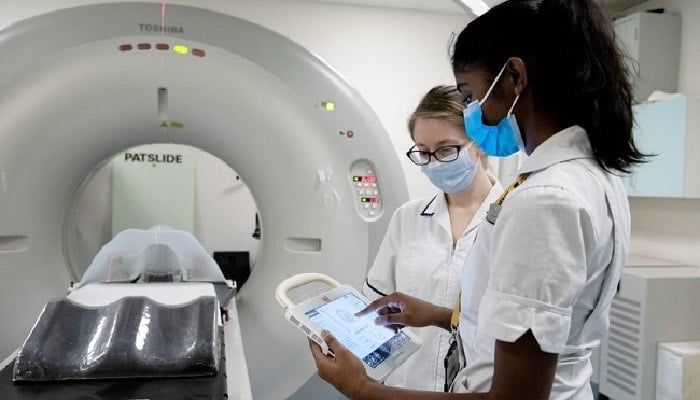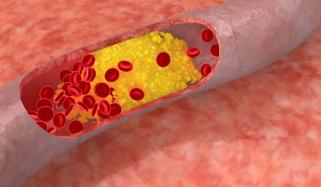
Cancer care delays have become dangerously normalized, according to experts who urge the next government to make cancer waiting times a top priority.
New National Health Service (NHS) England data shows that only 73.5% of patients urgently referred for suspected cancer in April were diagnosed or had cancer ruled out within 28 days.
This is a decline from 77.3% in March and falls short of the 75% target.
Meanwhile, there were 260,108 urgent cancer referrals in April, an increase from both March and April 2023.
The proportion of patients starting definitive cancer treatment within 62 days of an urgent referral dropped to 66.6% in April, down from 68.7% in March and far below the 85% target.
Professor Pat Price, co-founder of the Catch Up With Cancer campaign, highlighted the ongoing crisis, noting, "the data is a timely reminder that the cancer crisis continues and dangerous delays have been normalised."
She added, "A third of cancer patients still faced unacceptable delays and, astonishingly, 2,571 patients spent at least three months on cancer treatment waiting lists in April 2024."
Professor Pat went on to explain, "Cancer waiting times must be a national priority for the next government. I appeal to all our leaders to commit to a dedicated cancer plan and a boost to cancer treatment."
She further added, "And that must include a proper boost to radiotherapy cancer treatments, technology and the cancer workforce."
Meanwhile, Mairaid McMahon from Macmillan Cancer Support stressed that the current healthcare system lacks the necessary resources, despite the efforts of NHS staff.
She called for a long-term strategy to ensure early diagnosis, quick treatment, and comprehensive support for those affected by cancer.
Moreover, experts warn that with half of the UK population likely to be diagnosed with cancer in their lifetime, the government's actions on cancer care will be a key issue for voters.















